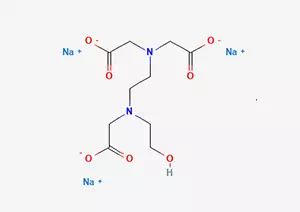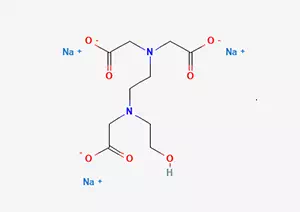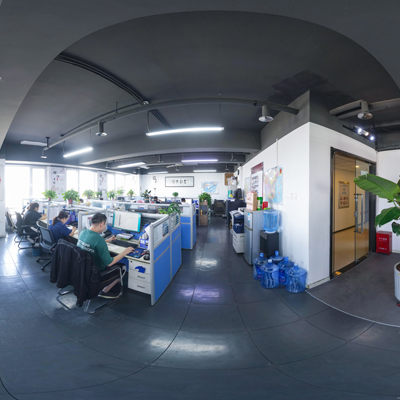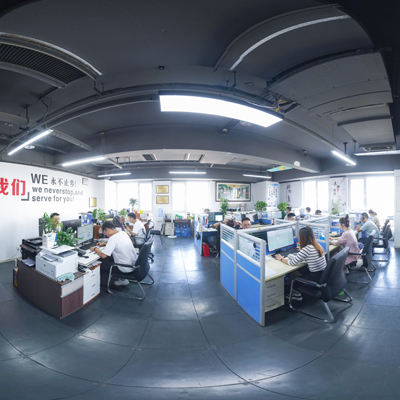What is Trisodium 2-hydroxyethyl ethylenediaminetriacetate CAS 139-89-9?
Chemical name: (2-hydroxyethyl) Trisodium ethylenediaminetriacetate (Alternative names: Trisodium salt of hydroxyethyl ethylenediaminetriacetate, HEDTA-3Na)
Molecular formula: C₁₀H₁₅N₂O₇Na₃
Molecular weight: 344.20 g/mol
CAS Number: 139-89-9
EINECS number: 205-381-9
Appearance: White to light yellow crystalline powder (may turn slightly yellow after long-term storage or exposure to light)
Solubility: Readily soluble in water (480 g/L, 20℃), insoluble in aliphatic hydrocarbon solvents
Trisodium 2-hydroxyethyl ethylenediaminetriacetate CAS 139-89-9 Use
Metal ion chelating agent (main application)
Industrial cleaning: It efficiently chelates metal ions such as calcium, magnesium, iron and copper within the pH range of 1 to 12, and is used for boiler scale removal and electroplating solution purification.
Textile printing and dyeing: Enhance the adhesion of dyes, improve the uniformity of dyeing and color fastness, and the cost is 30% lower than that of traditional auxiliaries.
Agriculture and Environmental Protection
Iron fertilizer enhancer: Chelates iron ions (HEDTA-Fe) in alkaline soil to increase the absorption rate of iron by crops.
Rare earth purification: It has outstanding chelating ability for rare earth metals (such as cerium and lanthanum) and is used in rare earth smelting and separation.
Medicine and daily chemicals
Antidote: Treats heavy metal poisoning (such as excessive iron) and excretes it from the body through chelation.
Cosmetic stabilizers: Prevent catalytic oxidation of metal ions in the formula and extend the shelf life of skin care products.
Emerging fields
New energy materials: Used as an additive for lithium-ion battery electrolyte to enhance electrode stability.
Electroless silver plating: An alternative to cyanide plating solution, reducing the risk of environmental pollution.
Trisodium 2-hydroxyethyl ethylenediaminetriacetate CAS 139-89-9 safety
Health risk:
Low toxicity: Oral LD₅₀ in rats =2620 mg/kg, which is actually non-toxic.
Irritation: Contact with eyes or skin may cause inflammation (protective gloves should be worn during operation).
Storage requirements:
Cool and dry (≤25℃), away from light and sealed, with a relative humidity of less than 75%.
Environmental protection compliance
REACH certification is required for exports to the European Union. Food grade must comply with FDA 21CFR172.615 and GB 10287 standards.
Service
* Prompt reply and 24 hours online, professional team to provide best price and high quality product.
* Sample testing support.
* Every batch of products will be tested to ensureits quality.
*The packing also can be according the customers` requirment.
*Any inquiries will be replied within 24 hours.
*we provide Commerical Invoice, Packing List, Bill of loading, COA , Health certificate and Origin certificate. If your markets have any special requirements, let us know.







